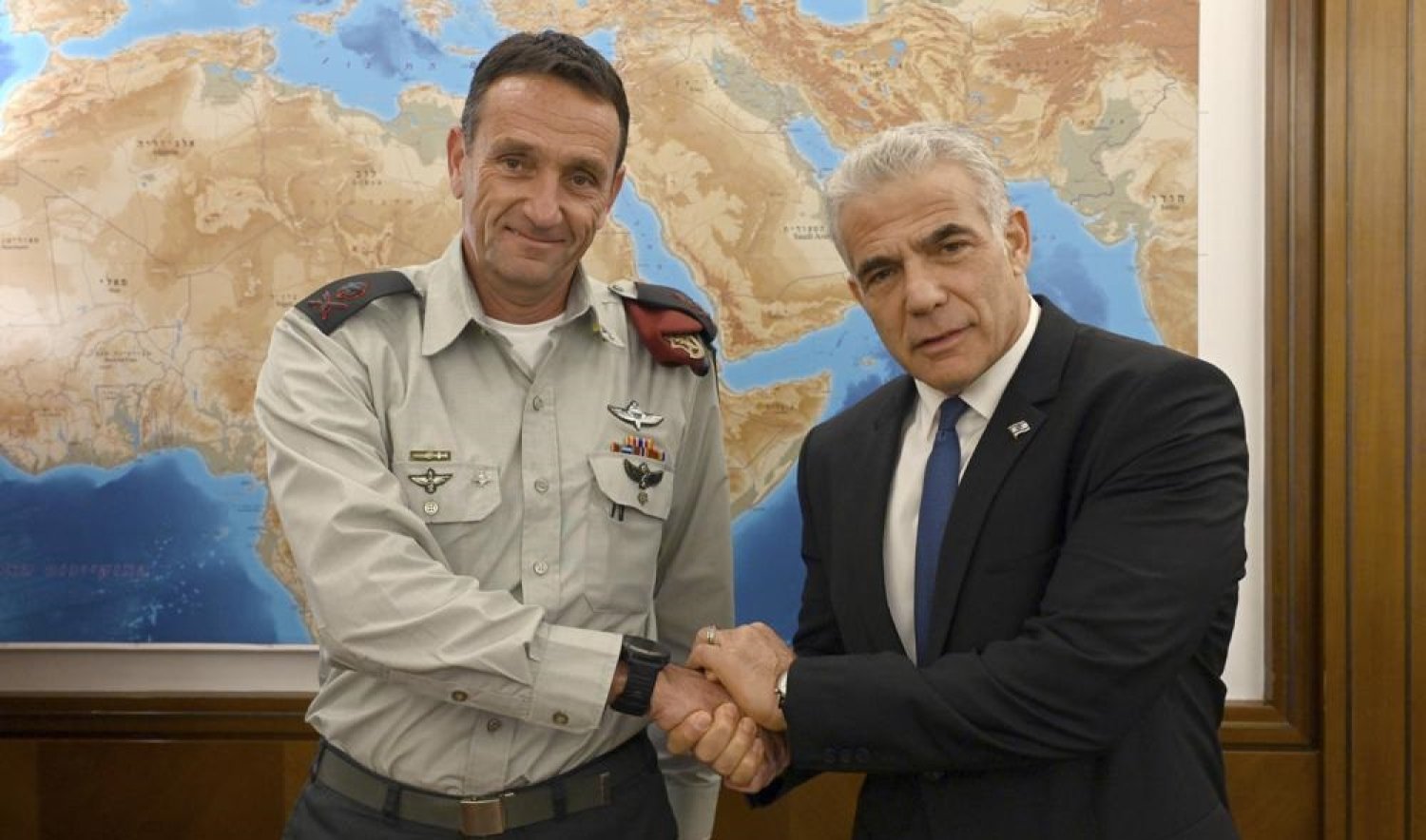The attacks by Hamas on October 7, 2024, were horrific for the Israeli military. The attacks resulted in a significant loss of life and an escalation of conflict in Gaza. This period has also witnessed a significant departure of high-ranking military personnel from the Israeli forces. One such example is Israeli Chief of Staff Herzi Halevi, who plans to resign by this year-end.
Halevi’s Resignation
As reported by Israel’s Channel 12 broadcaster, Halevi will resign in December 2024. Israel is currently examining the military’s failure to prevent the surprise attack by Hamas. On the 7th of October, the assault laid bare jarring holes in Israel’s intelligence and defense systems, resulting in mass civilian casualties and a breach of confidence among the people in their government and military.
HALEVI told close associates of his decision to step down. He believes that his departure will be appropriate once the internal investigations conclude by late December, paving the way for the arrival of new leadership. Another report asserted that the Israeli military planned to prepare for a war against Hezbollah in Lebanon by the year’s end, further complicating matters.
A Tsunami of Resignations
Herzi Halevi is not the first Israeli military leader to resign over the events of October 7. Brigadier General Yossi Sariel, in charge of Israel’s intelligence unit 8200, has quit, partly because the unit failed to prevent the attack. Unit 8200 constitutes one of Israel’s most elite military intelligence units, and Sariel’s resignation is emblematic of wider discontent within the ranks of the IDF.
Among them are seven top officials to resign, including the IDF’s Gaza Division Commander, Brigadier General Avi Rosenfeld, as well as several high-ranking officials in the Shin Bet security agency. The resignations stem from public and political backlash demanding accountability for the IDF’s failure to predict and prevent the Hamas incursion into Israel.

In the last few months, many senior officials have resigned, including Tamir Yadai, the head of the Israeli army’s ground forces, and Major General Aharon Haliva, the head of the Military Intelligence Directorate. The mass resignation hints at the extreme pressure the heads of the military in Israel are experiencing owing to the war the country is still undergoing and experiencing within itself.
Israel’s Reaction to the Crisis in Gaza
Since the 7th of October attack, the Gaza Strip has been under heavy-handed offensives from Israel. Israel has destroyed much of the Gaza Strip, leaving severe humanitarian consequences in its wake. Even calls from the UN Security Council urging an immediate cease-fire do not stop Israel’s military campaign. According to local health authorities, over 41,100 people, most women and children, were killed and more than 95,100 injured in Gaza.
The war has temporarily displaced almost the entire Gaza population, denying them access to basic necessities like food, clean water, and medications. Israel imposed a blockade over this land and made the humanitarian situation even worse. Various human rights organizations and the international community have threatened to commit war crimes and claimed that Israel is committing genocide in Gaza. The International Court of Justice is investigating these allegations.
A Military in Crisis
Along with other senior military officials who would resign in the days following, Herzi Halevi’s resignation signaled the military’s crisis. Where the IDF has long been considered among the most feared armies in the world, its failure to allow the events of October 7 to unfold was significantly criticized; its intelligence failures and an apparent readiness failure meant that many Israelis felt unprotected, and so the military leadership faced great hurdles in rebuilding trust.
In the coming weeks, details of the lapses by the IDF might come to light as investigations continue, marking an important moment in Israel’s military and political leadership as they face their continued war with Hamas, prepare for potentially worsening conditions with Hezbollah, and seek to re-establish confidence domestically.
Israel’s leadership at the highest military levels is about to lose one of its most experienced chief active officers as it grapples with its biggest security crisis in decades. Herzi Halevi’s resignation may represent a change at the rank-and-file senior levels, but it is clearly insufficient; further fundamental reforms are required to reconcile intelligence and operational failures like those that preceded the 7 October attack.
As these investigations continue and military mobilizations intensify, Israel is likely to lose more battles with Hezbollah in Lebanon. Already, a bigger war weighs down on the list of dangers and presses the military to reorganize and restructure.
Conclusion
Therefore, Herzl Halevi’s decision to resign marks a significant turning point in Israel’s military leadership. The chief was the one who led the IDF through one of the most challenging periods ever, and his announcement of his resignation reflects the deep challenges facing Israel’s defense establishment.

This wave of resignations after the October 7 Hamas attack stands as a proof of failure within the military as well as intelligence structures of Israel, and the country is now at the crossroads. The conclusion of investigations into failures in December forces Israel to confront these weaknesses and prepare for potential conflicts in the future.
An already volatile situation becomes even more complicated by having added to it the humanitarian crisis in Gaza and accusations of genocide at the International Court of Justice. The coming months will thus be really critical for Israel: internal challenges do not seem to abate at all, and the threats from outside sources also intensify.




